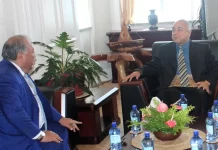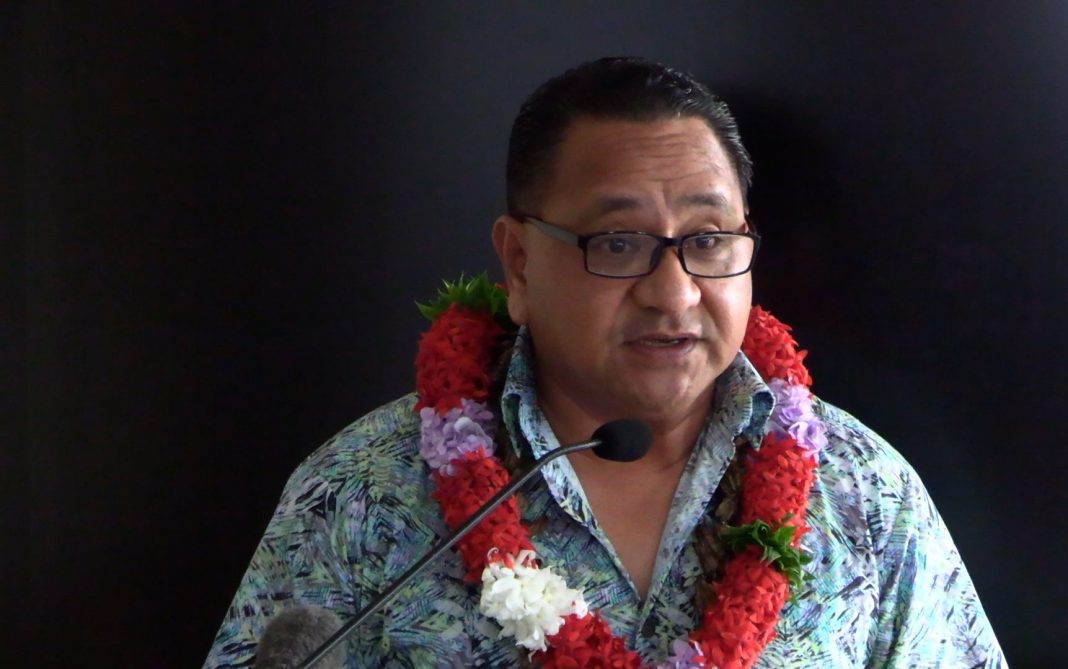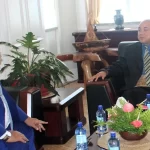The move by the Asian Development Bank (ADB) to promote itself as climate bank for Asia Pacific region has been welcomed by its 14 Pacific Developing Member States (PMDCs).
And the Pacific DMCs have collectively challenged the ADB to ensure that ‘practical fit for purpose policies are in place for small island developing states (SIDS).’
Speaking on behalf of all the PMDCs, Samoa’s Minister for Finance and ADB Governor, Lautimuia Uelese Vaai thanked the bank’s leadership for spearheading collaboration with the Green Climate Fund (GCF) for a specific allocation for Pacific countries – that will complement the Asian Development Fund (ADF) in financing country and regional development.
“Our smaller members are facing much more extreme impacts of climate change while finding it more difficult to access climate financing.
In February 2024 this year, the Pacific witnessed the devastation the spring tides on low-lying atolls.
“These phenomena continue to intensify and have substantial impacts on all sectors of our economies. Sea water intrusion and an increase in soil salinity exacerbate health issues and threaten food security which requires Government to stretch limited resources to address these issues, Governor Vaai told bank governors at their annual meeting in Tbilisi, Georgia on Sunday.
These limited resources are stretched thinner to service loans obtained to respond to climate and health emergencies – resulting in worsening debt situations in some Pacific member countries of ADB.
“We thank ADB for the increase in loan concession for SIDS and ask that efforts continue for increase in grants availability, as well as to leverage additional financing from other climate funds, multilateral development banks (MDBs) and development partners, said Vaai.
The Pacific strongly supports the consideration of the vulnerabilities of SIDS in the development of the bank’s policies mainly the concessionality framework for ADF resource allocations for SIDS and the Pacific.
“We encourage the collective responsibilities of ADB, other MDBs and International development organisations to ensure that an approved multi-dimensional vulnerability index (e.g., the UN MVI) recognises vulnerabilities of SIDS in terms of exposure to impacts of climate change and the frequency of natural disasters, remoteness and connectivity, population size and the global impact due to reliance on imported goods and services.
“In addition, we would like to see more of the expediency illustrated during the pandemic whereby ADB led in ensuring that funds were made available immediately when critical, said Vaai.
The 14 Pacific Developing Member States of the ADB are Cook Islands, Fiji, Federated States of Micronesia, Republic of Kiribati, Republic of Marshall Islands, Nauru, Niue, Republic of Palau, Papua New Guinea, Samoa, Solomon Islands, Tonga, Tuvalu, and Vanuatu.














